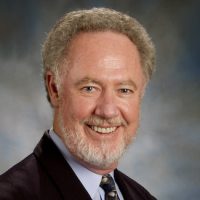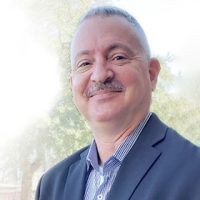
Dr. Michael Keating, Founder, CLL Global Research Foundation

Jeff Folloder, Moderator and CLL patient advocate
Experts responded to listener questions during our January 13, 2023 virtual town hall. Watch the full webinar here.


Dr. Michael Keating, Founder, CLL Global Research Foundation

Jeff Folloder, Moderator and CLL patient advocate
Experts responded to listener questions during our January 13, 2023 virtual town hall. Watch the full webinar here.
At our recent CLL Global Research Foundation Annual Alliance Meeting, experts shared their perspective on the value of the annual meeting and the importance of collaborative research.
At our recent CLL Global Research Foundation Annual Alliance Meeting, experts shared their perspective on the value of the annual meeting and the importance of collaborative research.
At our recent CLL Global Research Foundation Annual Alliance Meeting, experts shared their perspective on the value of the annual meeting and the importance of collaborative research.
At our recent CLL Global Research Foundation Annual Alliance Meeting, experts shared their perspective on the value of the annual meeting and the importance of collaborative research.
At our recent CLL Global Research Foundation Annual Alliance Meeting, experts shared their perspective on the value of the annual meeting and the importance of collaborative research.
At our recent CLL Global Research Foundation Annual Alliance Meeting, experts shared their perspective on the value of the annual meeting and the importance of collaborative research.